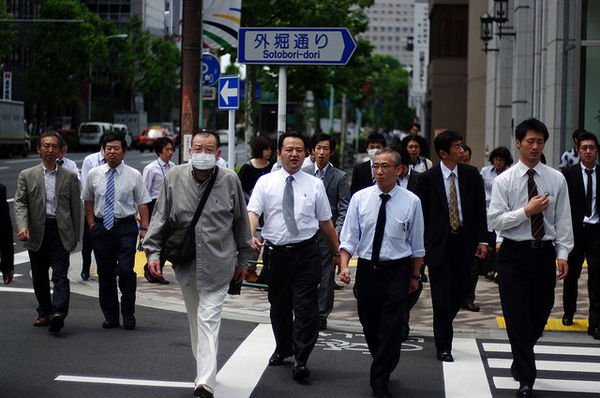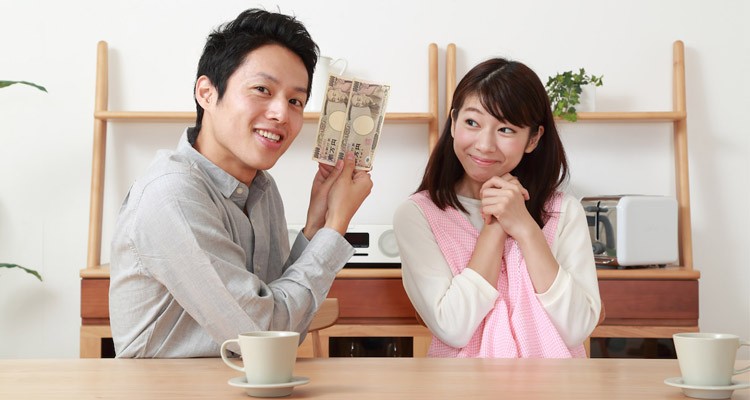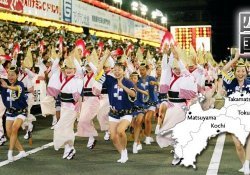Did you know? One of the most traditional customs in Japan is that the wife determines how much her husband can spend.
You know that image of the demure and submissive Japanese woman? Forget it. Although Japanese society is known for machismo, at home the wife is in charge. The clearest evidence of this is that the housewife, after marriage, takes control of her husband's finances. That is, she is the one who manages household expenses and still sets aside some for his personal expenses.
As contradictory as it may seem, it is the woman who gives the “allowance”, called “theokozukai” to her husband. Okozukai (お小遣い) literally means “allowance”, “subsidy” or “money for personal expenses. 50% of the families is believed to follow the tradition where the woman is responsible for the finances.
The amount for lunch, snacks, as well as occasional moments of entertainment like a beer after work, are controlled by the housewife. The pattern is adopted by most families and comes from an ancient tradition. One explanation for this is the demands to which a Japanese worker is often obliged to submit. The level of exhaustion and stress would be such that, in theory, they would not have time or disposition to take care of the family's finances.

Even when a woman works full-time, she is still responsible for the money, paying rent, mortgages and household expenses. In Japan, women are at the forefront of domestic accounting.
Men who receive okozukai, avoid spending as much as possible on lunch or snacks, they take obento from home to eat at work. Much of the money men receive is spent on energy drinks and nightlife. They get paid enough to go out and have fun once a week.
What is the value of okozukai?
According to a survey by credit company GE Money, the standard percentage of okozukai is 10% of the husband's salary. Generally, the amount is determined in the first months after marriage, according to calculations made on expenses with food, bills, children's education and house and car payments.
A Brazilian, a restaurant worker in Tokyo, married to a Japanese woman for 8 years, receives around 30,000 yen a month from okozukai, which is just over 10% of his salary, ”The rest of the money is mainly used for education of the only daughter, in addition to the basic expenses to maintain the house and also for savings”. About the value of his okozukai, he says “I wish I could use more, but I have friends who get less, I can't complain”.

Others, however, do not see this financial power of housewives with good eyes. One business consultant states that “the okozukai system forces the Japanese worker to justify himself with his superior in his professional life and with his wife in his private life, it is not uncommon for the second case to end up being more stressful than the first”.
Wives also often keep secret money called hesokuri (臍繰り), the woman hides a reserve money, to cover surprises or eventual expenses, buy gifts, help with travel, etc.
Is that you? What do you think of the tradition of women taking care of finances? They can't just get out of control and spend everything.
This article was written by SouzaJpop based on issue 137 of JBC's madeinjapan magazine.




